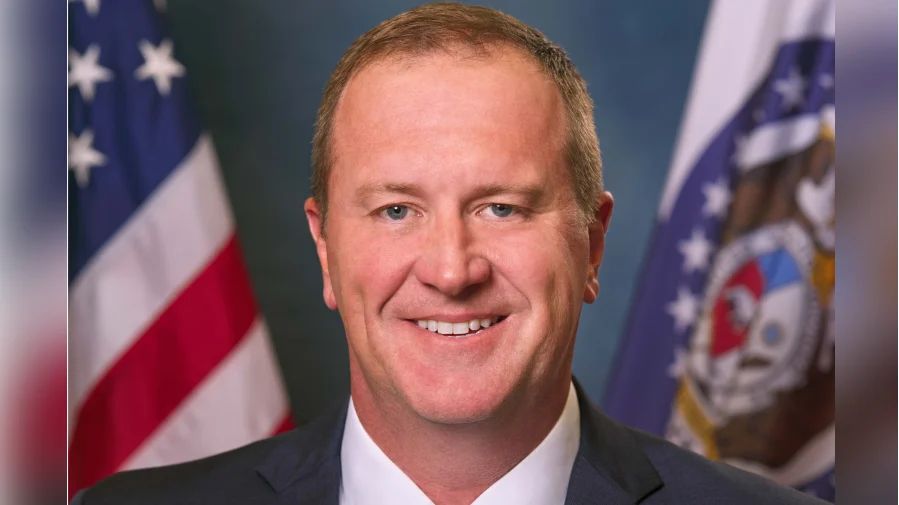Senator Eric Schmitt | U.S. Senator Eric Schmitt
Senator Eric Schmitt | U.S. Senator Eric Schmitt
U.S. Senator Eric Schmitt (R-MO), a member of the Senate Armed Services Committee, announced several provisions in the FY26 National Defense Authorization Act (NDAA) that aim to support Missouri’s military installations and defense industry, while also introducing reforms to the Pentagon’s acquisition process.
Senator Schmitt stated, “To effectively deter our adversaries and guarantee the safety and prosperity of our great nation, we must ensure our military has the resources and capabilities delivered on time to respond to today’s challenges. This bill strengthens Missouri’s military installations and defense industrial base, unleashes competition and innovation, and ensures we remain the most lethal and capable fighting force in the world. Missouri, and the country, is stronger and safer thanks to this NDAA.”
Key allocations for Missouri include $127 million for construction at Whiteman Air Force Base related to B-21 bomber deployment; $3.3 billion for procurement of B-21 bombers at Whiteman; $500 million for F-47 production in St. Louis; $459 million for MQ-25 Stingray manufacturing at Boeing’s St. Louis facility; $576 million for modernization of F/A-18E/Fs and EA-18Gs in St. Louis; $50.6 million for sustaining Super Hornets; $362 million for T-7A Trainers; $78 million for Boeing’s F-15EX program; $132.6 million for Joint Assault Bridge production in Carthage; as well as funding for geospatial workforce development, aerial drone production in Springfield, micro-reactor research at University of Missouri, and protection of hospital-level services at General Leonard Wood Army Community Hospital.
The NDAA also introduces over 100 changes intended to modernize defense acquisition by eliminating outdated systems and reducing administrative burdens. Provisions secured by Senator Schmitt include moving toward more flexible portfolio-based acquisition strategies with clearer lines of authority within the Department of War (DoW); expanding definitions around major business systems; shifting from lowest-cost contracting toward best-value approaches; raising thresholds under the Truth in Negotiations Act from $2 million to $10 million to ease compliance requirements on small businesses.
Other national security measures involve requiring DoW to consider establishing an operational technology cybersecurity center—potentially at Fort Leonard Wood—to protect critical infrastructure software systems. The act positions Rosecrans Air National Guard Base to receive new C-130J aircraft as replacements for older models.
Additionally, language supports both Air Force and Navy sixth-generation fighter programs following President Trump’s selection of Boeing for Air Force F-47 production. The NDAA mandates a report on progress with commercial counter-UAS protections at military facilities, sets physical/cybersecurity requirements before AI system integration into DoW networks, and establishes a pilot program focused on improving cybersecurity around the Panama Canal—aligning with objectives set by President Trump and Secretary Hegseth regarding Chinese influence mitigation.






 Alerts Sign-up
Alerts Sign-up